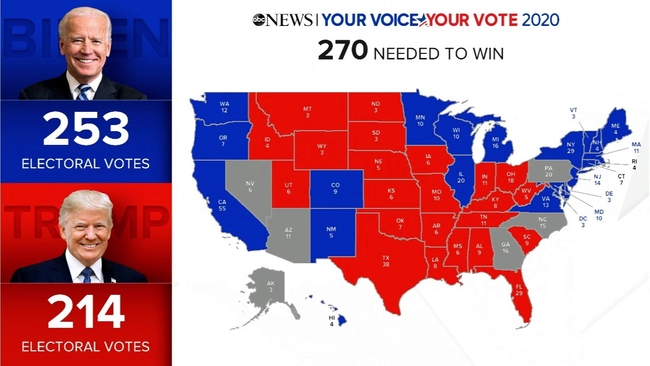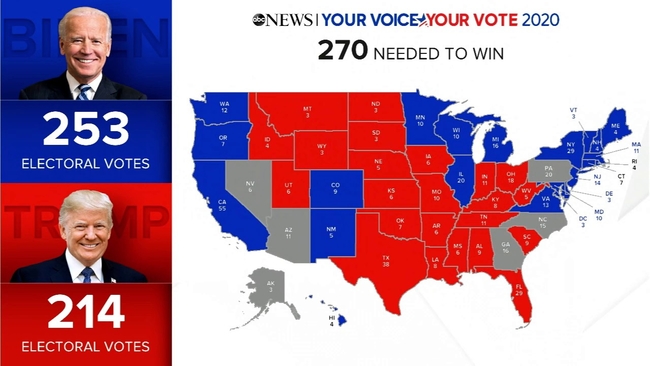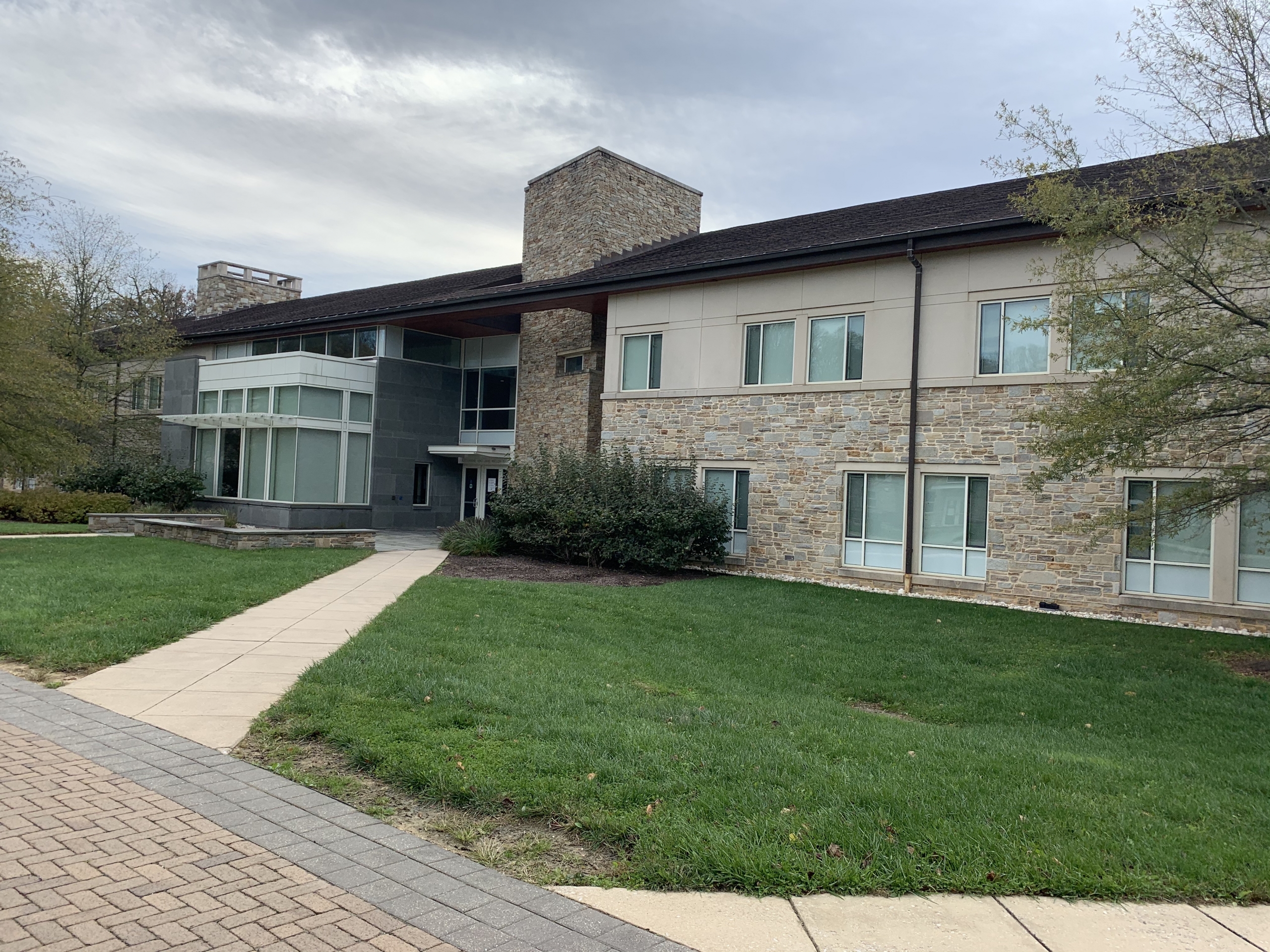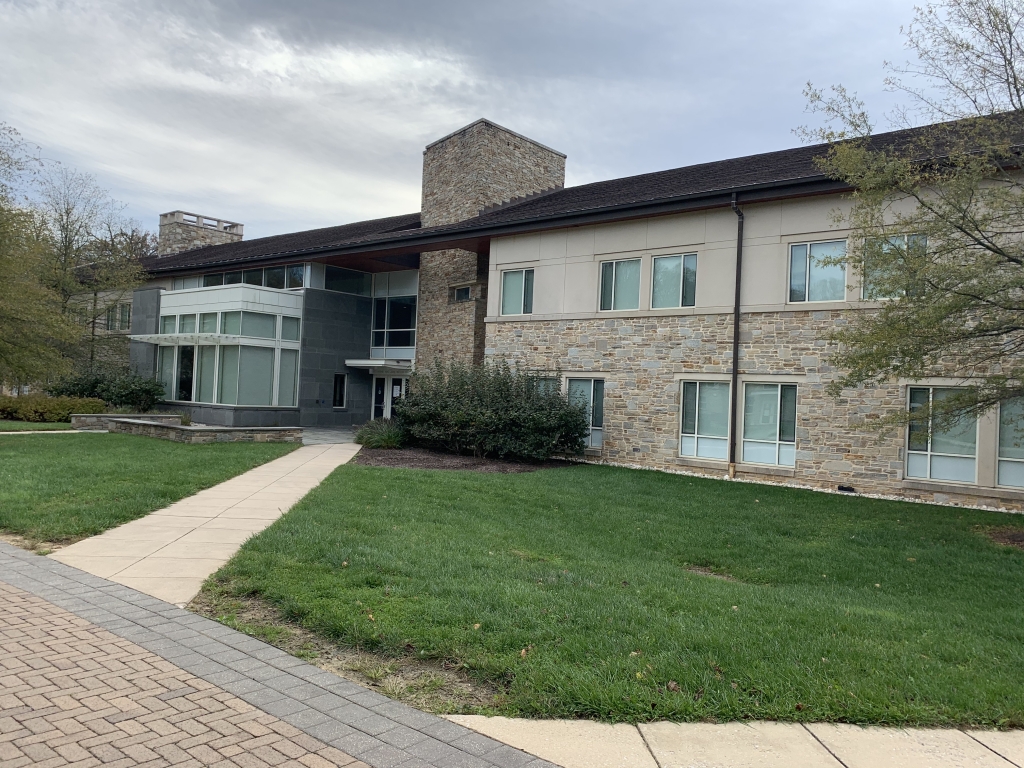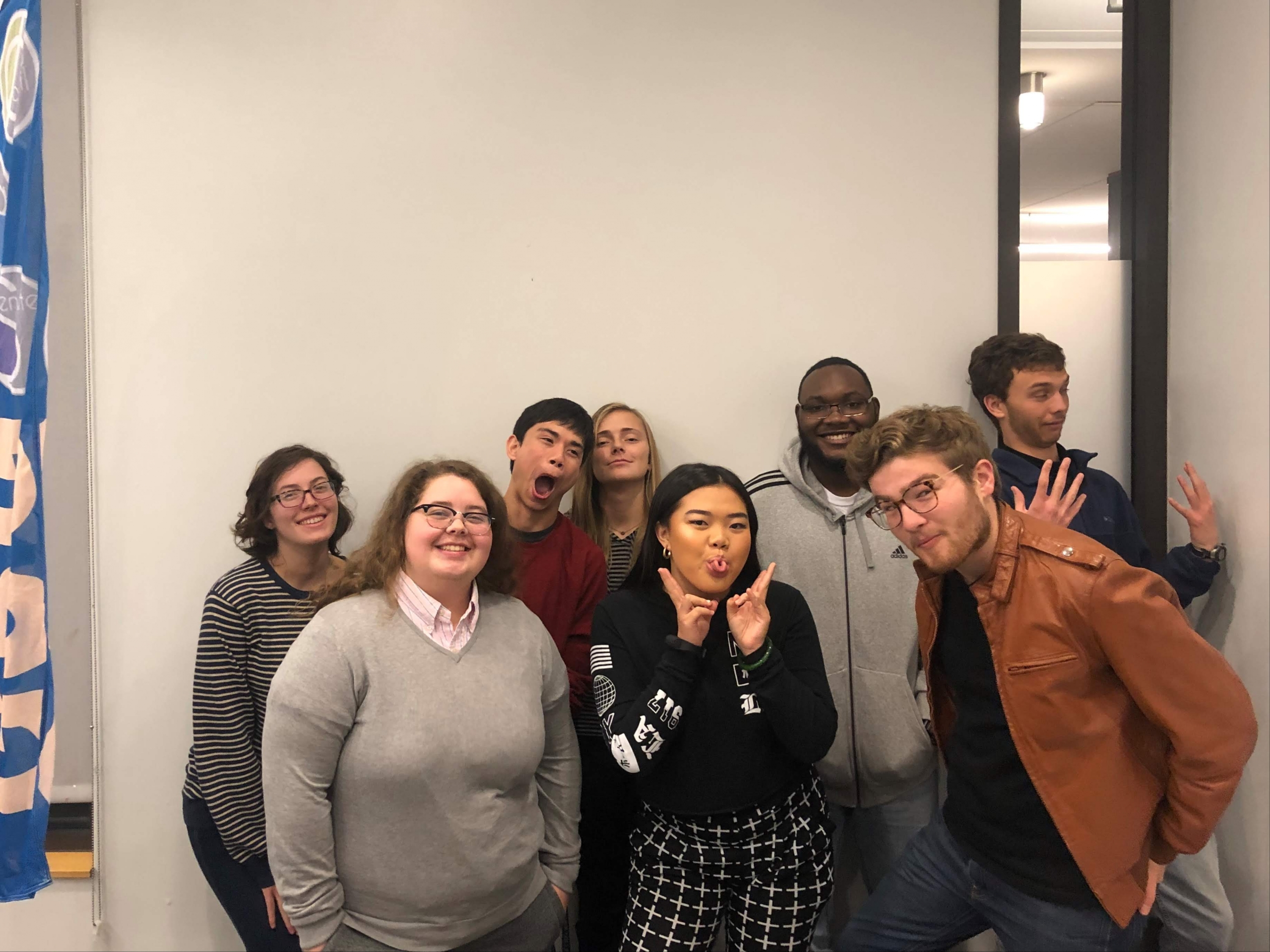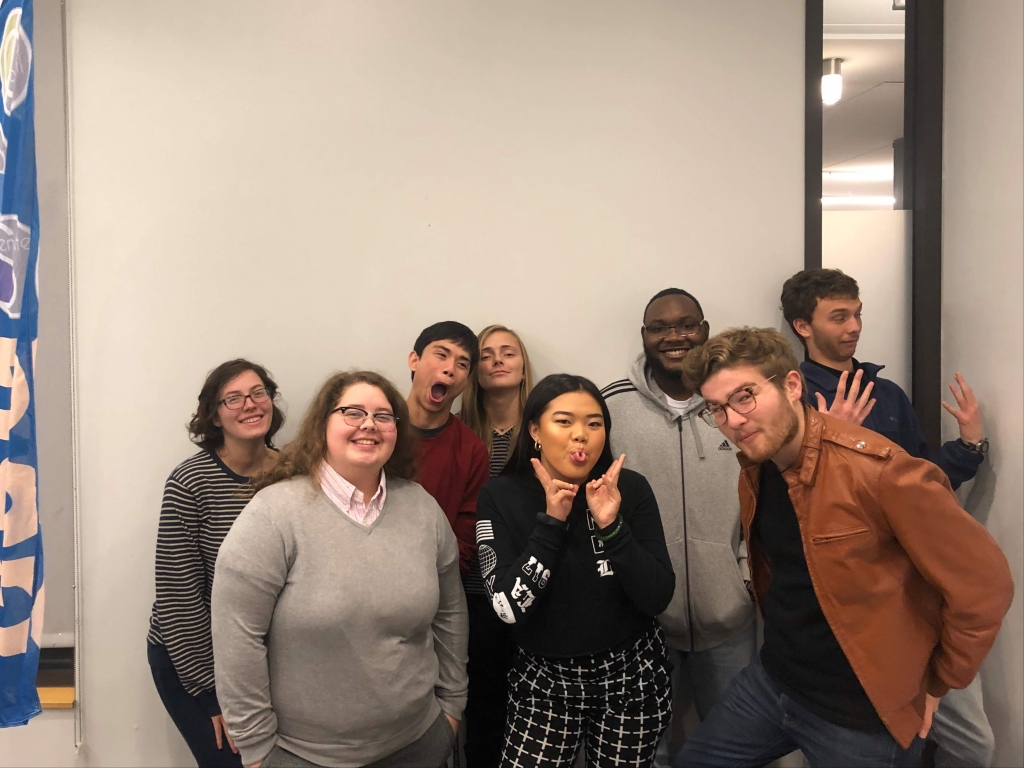In Search of a More Ethical Snack: Goucher Should Divest from Harmful Food and Drink Vendors
Written By: Eva Schussel
Goucher College is an institution that prides itself on ethical principles within a social justice framework. This is what we are told, and the reason that many of us chose to come here. At times, though, this selling point begins to feel facetious. If we are to pride ourselves on solidarity with marginalized groups, we must stand for the rights of the working class. One place where this issue shines is in the snacks and drinks provided on campus. PepsiCo, Coca-Cola, Nestlé, Kellogg… These megacorporations have shown time and time again that they care not for the rights and wellbeing of their workers and consumers, only for their bottom line.
Workers at Frito-Lay (a subsidiary of PepsiCo) for example, went on strike because of the pitiful pay, lack of mobility, and, as one worker reported to Vice Magazine, “[…Many] people have had heart attacks in the heat at Frito-Lay since I’ve been here. One guy died a few years ago and the company had people pick him up, move him over to the side, and put another person in his spot without shutting the business down for two seconds.”
One of Nestlé’s most notable and horrifying scandals took place in South Africa in the 1970’s when they provided baby formula to nursing mothers, using the white-supremacist, capitalistic rhetoric that it was more civilised than breastfeeding, giving it away for free until the mothers were no longer producing milk, then jacked up the prices, affectively starving the children of the women who couldn’t afford it, but now needed it. The formula also lacked essential nutrients that help infants develop properly, leading to many children growing up without sufficient protein buildup, thus affecting their development.
More recently, Nestlé has been trying to buy up public sources of freshwater for their own bottling. Water is an essential resource and a human right, and this shows clearly how completely morally bankrupt this company is. Why then, is our school, which reports such a high standard, supporting these brands? Surely it can’t be too difficult to find other, equally good sodas, chips, and cereals to feed our students. Surely we could take this small step to show that we don’t support these atrocities. Couldn’t we?

